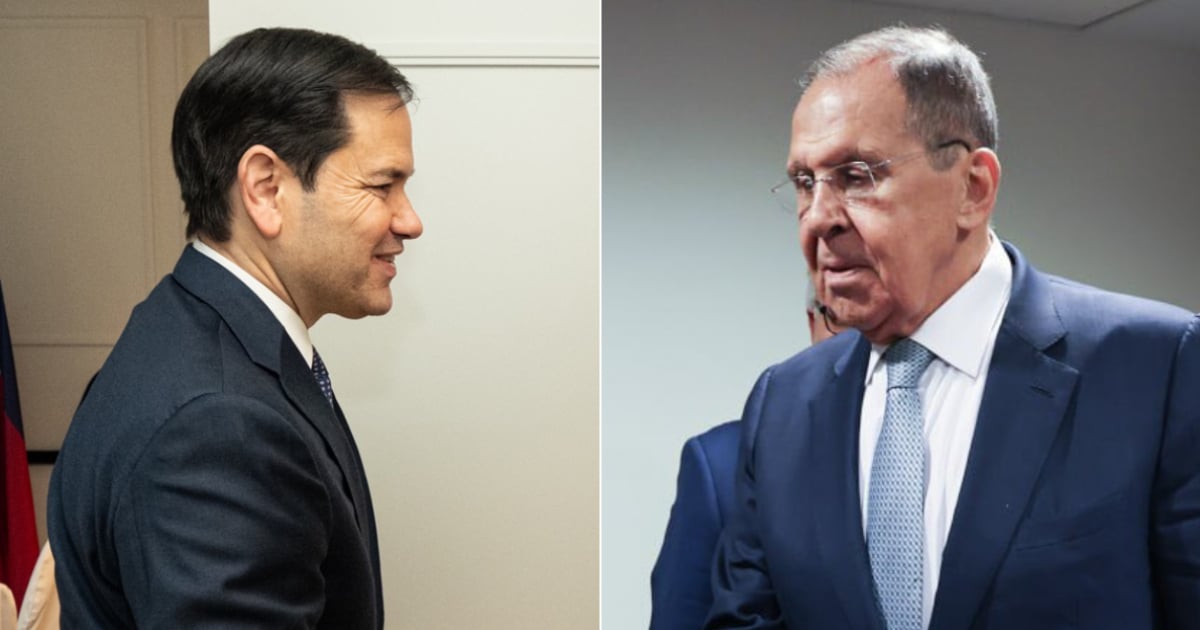On Saturday, U.S. Secretary of State Marco Rubio and Russian Foreign Minister Sergei Lavrov engaged in a phone call to follow up on the recent dialogue between Presidents Donald Trump and Vladimir Putin. The agenda for their conversation included reaffirming the commitment to keep communication channels open and addressing various international and bilateral issues. However, the brevity of the U.S. statement stood in stark contrast to the detailed and enthusiastic release from the Russian Foreign Ministry.
The U.S. Department of State highlighted their willingness to seek a resolution to the conflict in Ukraine and explore other areas of cooperation. In contrast, Russia stressed the importance of removing barriers set by previous administrations and suggested concrete mechanisms for the restoration of diplomatic and trade relations.
State Department spokesperson Tammy Bruce mentioned that Rubio emphasized President Trump's determination to resolve the Ukrainian conflict, though specific steps were not disclosed. Meanwhile, Russia's statement underscored the urgency of coordinating expert meetings to tackle diplomatic mission challenges and re-establish economic cooperation. This move is seen by analysts as a potential precursor to the U.S. lifting economic sanctions on Russia, a decision that could significantly impact Ukraine's sovereignty and European security.
The language employed by both parties also indicated differing approaches: the State Department adopted a cautious and general tone, whereas the Russian communiqué was optimistic and proactive, highlighting a joint effort and mutual willingness to resolve pressing international conflicts, such as those in Ukraine, Palestine, and the Middle East.
This diplomatic exchange occurs amid a broader context of rapprochement and dialogue between Washington and Moscow, as reflected in recent developments concerning Russia's invasion of Ukraine and the evolving U.S.-Russia relationship since Trump's ascension to the White House. The U.S. administration's cautious stance can be viewed as a strategy to avoid premature commitments, while Russia appears eager to project an image of initiative and cooperation, likely fueled by the rapport between Putin and Trump.
Ultimately, the diplomats agreed to maintain regular communication and collaborate on organizing a summit between the leaders of both nations.
Key Aspects of U.S.-Russia Diplomatic Relations
What were the main topics discussed between Rubio and Lavrov?
Rubio and Lavrov discussed keeping open communication channels, resolving the Ukraine conflict, and exploring additional areas of cooperation between the U.S. and Russia.
How did the U.S. and Russia's statements differ regarding the phone call?
The U.S. statement was brief and cautious, focusing on the willingness to resolve the Ukraine conflict. In contrast, Russia's statement was detailed and optimistic, highlighting the need for removing barriers and suggesting specific mechanisms for restoring relations.
Why is the coordination of expert meetings considered urgent by Russia?
Russia considers it urgent to coordinate expert meetings to address diplomatic mission challenges and re-establish economic cooperation, possibly as a step towards lifting U.S. economic sanctions.
